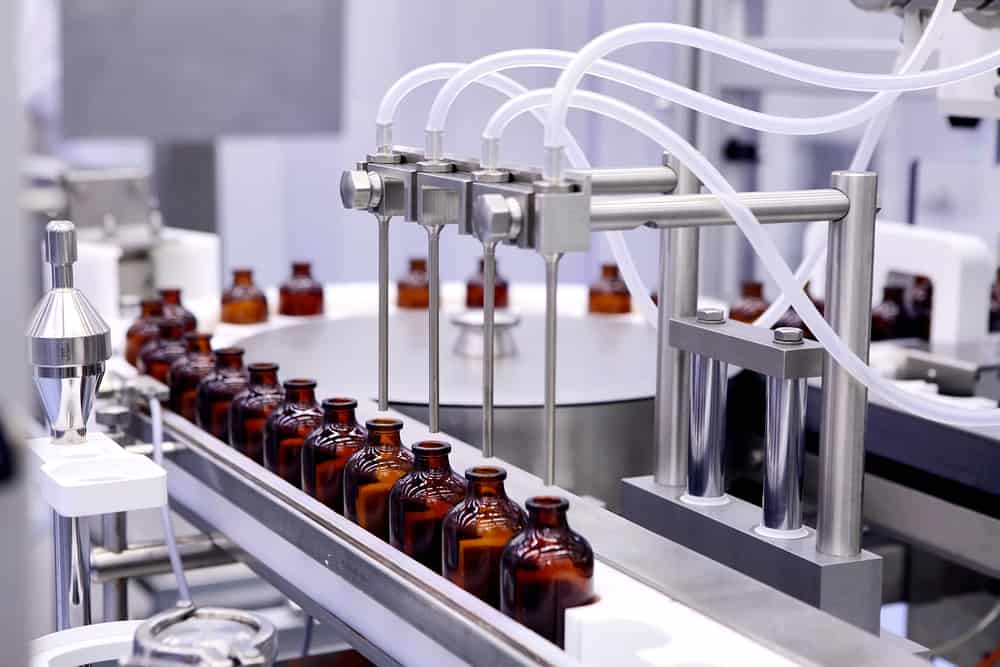The ECC recommends measures for access to medical devices
The breakdown of EU negotiations on the framework agreement has consequences for medical devices: There are fears of a deterioration in patient safety, a shortage of medical devices and rising costs. The Federal Commission for Consumer Affairs (FCC) therefore recommends that the Federal Council prepare a situation analysis and take measures.

Since 2002, Switzerland was part of the European internal market for medical devices. To take account of the adapted EU legislation, the Federal Council undertook the revision of the ordinances in the area of medical devices. In parallel, the chapter on medical devices of the MRA (Mutual Recognition Agreement) need to be updated. However, the European Commission made the update conditional on progress on the institutional framework agreement.
Can Switzerland continue to benefit from MRA relief?
Due to the failure of the negotiations on the institutional framework agreement with the EU, the MRA will not be updated. Swiss products exported to the EU must therefore fully comply with the requirements of the new EU legislation; the recognition and mutual facilitations of the MRA will no longer apply to medical devices.
The EU announced that Swiss manufacturers will in future be treated in the same way as manufacturers from third countries. This means that they must appoint an authorised representative in the EU. In addition, it is currently the case in the EU that products for which certificates of conformity are valid according to the old law on the part of Switzerland issued can no longer benefit from the MRA. Existing certificates of conformity that have been in the EU on the other hand, will continue to be recognised by the EU, provided that the Swiss manufacturer has an authorised representative in the EU. From a Swiss perspective, Swiss medical devices under the old law with valid certificates of conformity issued by Swiss conformity assessment bodies should continue to be covered by the existing MRA. They should continue to benefit from the facilitations of the MRA in trade between Switzerland and the EU, whether this will be the case is still unclear. However, Switzerland now also requires - with a transitional period - manufacturers from the EU or EEA to appoint a Swiss authorised representative.
Adverse consequences for CH patients
Adverse consequences are to be feared for Swiss patients. For example, the Swiss Agency for Therapeutic Products Swissmedic no longer have access to the European database for medical devices EUDAMED and thus cannot become aware of any incidents. Effects on patient safety cannot be ruled out. In addition, there is a considerable risk of a shortage of medical devices. European manufacturers could refrain from appointing the required representative in Switzerland in order to avoid these costs for a comparatively small market. According to industry estimates, an average price increase of 10 % and premium increases could result.
The EKK sees a need for action to contain the rise in healthcare costs. It also believes that the availability of a wide range of medical devices must be guaranteed and that healthy competition must be possible on the Swiss market. The safety of medical devices must also be guaranteed, as Switzerland is also affected by medical devices that are placed on the market and pose a risk to health.
In view of the complexity of the task and its importance for Swiss patients, the EKK recommends that the Federal Council analyse the new situation and take concrete measures to limit the financial impact on patients and guarantee the safety of medical devices.
Source: Federal Consumer Affairs Bureau
Other topics:
Switzerland - EU: Three-stage ETH plan to provide further assistance









